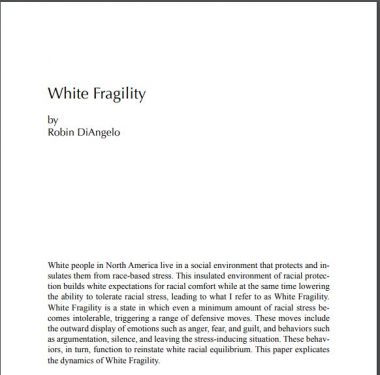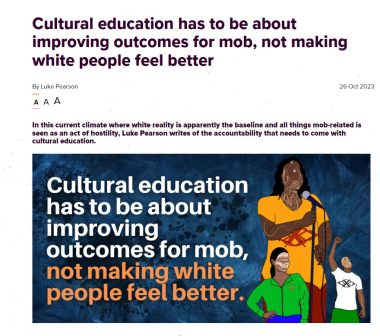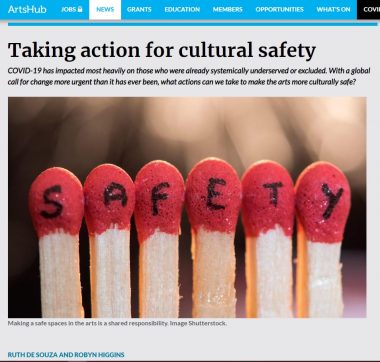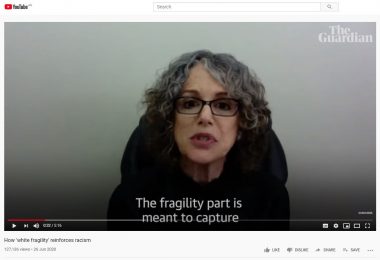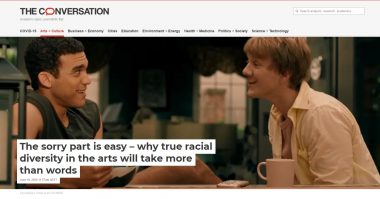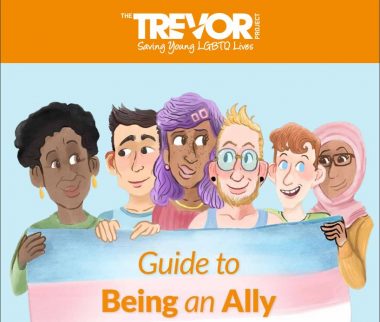Conversations about race can be uncomfortable because they can challenge our sense of our own identity. Robin DiAngelo’s theory of white fragility looks at the way white people can react when their privilege, power and attitudes towards race are brought to their attention, especially ‘progressives’ who don’t consider themselves to be racist.
DiAngelo describes the tendency for white people to react with defensiveness, anger, denial, irritation or feelings of hurt when their racism or white privilege are discussed. This can hijack the conversation from discussing racism to soothing the feelings of the white person who feels uncomfortable in the discussion about race.
How do I do it?
If you feel uncomfortable in a discussion about race, try to stay in the uncomfortable feeling and listen to the points raised, rather than shutting the conversation down, leaving the room, reacting defensively, making excuses or jokes, or shifting the discussion to your feelings of hurt. Avoid dismissing or labelling the other person as aggressive, emotional, tedious, humourless, unprofessional or irrelevant. If another white person reacts this way, don’t lend your support to their behaviour.
Step back and decentre yourself. Active listening shows support, as does creating safe spaces within the workplace (such as on film sets, in recording studios, in rehearsal spaces) where people of colour are supported to express their concerns and experiences.
